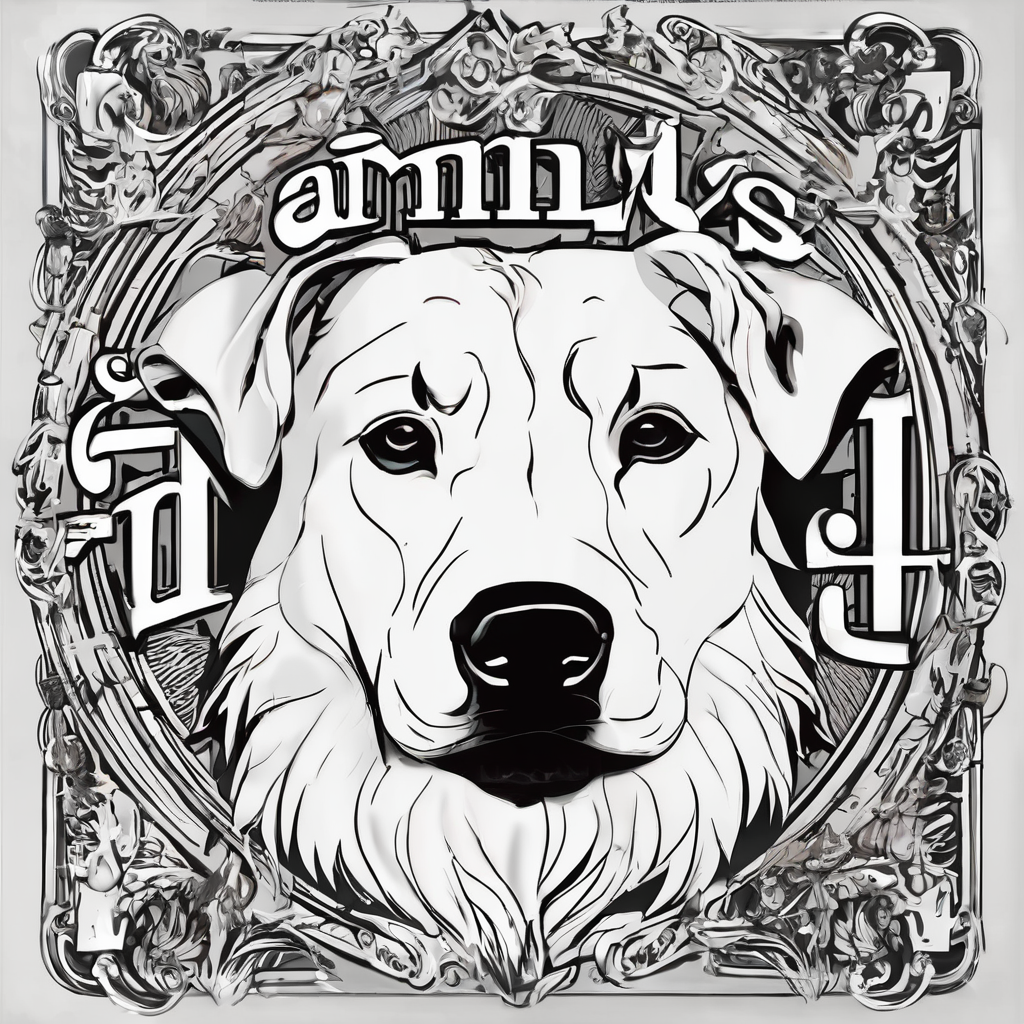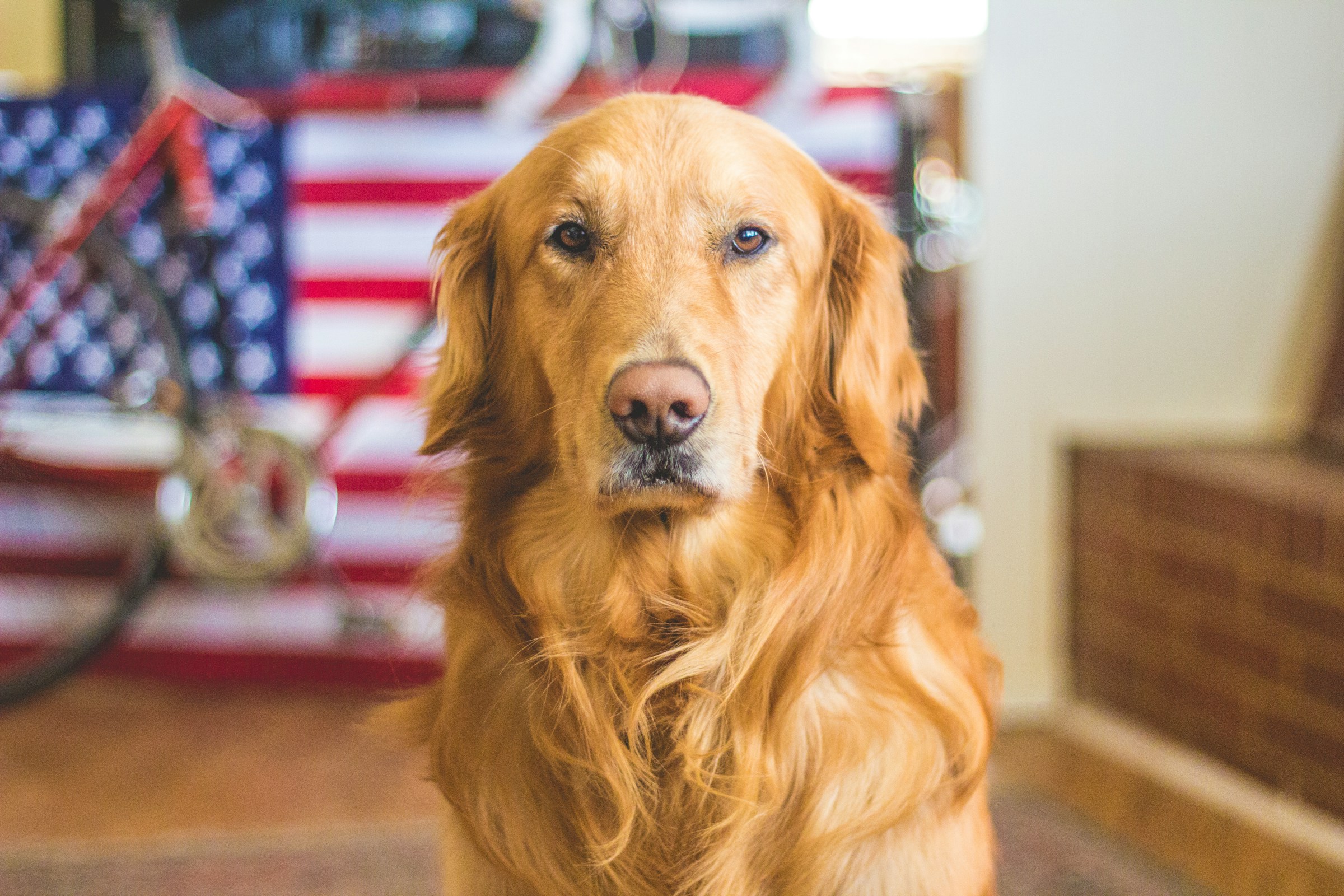Food guarding in Rottweilers poses challenges for pet owners, but with the right strategies, it can be effectively managed. Understanding the underlying causes of this behavior is vital for fostering a peaceful environment. This guide offers practical techniques and insights designed to help you address resource possession in your Rottweiler. By implementing these methods, you can cultivate a healthy relationship with your dog while ensuring safety for everyone involved.
Understanding Food Guarding Behavior in Rottweilers
Food guarding behavior is a natural instinct observed in many animals, including dogs. In Rottweilers, this behavior can manifest due to their protective nature and strong temperament. Food guarding typically involves a dog protecting its food from perceived threats, which can include humans or other animals. This behavior is rooted in survival instincts, where resources are safeguarded to ensure sustenance.
Lire également : Crafting the Perfect Diabetic Diet for Your Fox Terrier: A Comprehensive Guide
Rottweilers, known for their loyalty and protective instincts, may exhibit food guarding more prominently than some other breeds. This is often due to their inherent temperament, which includes being alert and confident. Common triggers for food guarding in Rottweilers can include the presence of other dogs during feeding, unfamiliar environments, or past experiences where food was scarce or threatened.
The breed characteristics of Rottweilers play a significant role in their guarding behavior. Their temperament is shaped by their history as working dogs, where guarding and protection were essential traits. Understanding these aspects can help owners manage and mitigate food guarding behavior effectively. By recognizing the triggers and working with a Rottweiler's natural instincts, owners can foster a more harmonious relationship with their pet.
Lire également : Essential Guide: Calculating the Ideal Flea and Tick Medication Dose for Your Toy Poodle
Effective Training Techniques for Food Guarding
Addressing food guarding in Rottweilers involves implementing training techniques that focus on behavior modification. One of the most effective methods is positive reinforcement. By rewarding desired behaviors, owners can encourage their Rottweiler to adopt a relaxed attitude during feeding times. For instance, offering treats or praise when the dog remains calm around its food can help reduce guarding tendencies.
Another approach is desensitization and counter-conditioning. This involves gradually exposing the dog to situations that trigger guarding, starting with low-intensity scenarios and slowly increasing the challenge. By associating these situations with positive outcomes, such as treats or affection, the dog learns to view them as non-threatening.
Establishing clear rules and boundaries during feeding is also crucial. Consistent routines help the dog understand expectations, reducing anxiety and guarding behaviors. Owners should ensure the feeding area is a safe space, free from disturbances, to further alleviate any protective instincts.
Implementing these training techniques requires patience and consistency. By focusing on behavior modification, owners can effectively manage food guarding, fostering a more harmonious relationship with their Rottweiler.
Behavioural Insights into Rottweiler Resource Possession
Understanding resource possession in Rottweilers requires a deep dive into their canine behaviour. This behaviour often stems from psychological instincts tied to survival and security. Rottweilers may exhibit guarding tendencies as a way to protect valued resources, such as food, toys, or even spaces. Recognising these instincts helps in addressing and managing their behaviour effectively.
Socialisation plays a crucial role in preventing extreme guarding behaviours. By exposing Rottweilers to various environments and situations from a young age, they learn to feel secure and less threatened by perceived intrusions. This process helps in reducing the likelihood of resource guarding as they grow older.
Identifying signs of anxiety or insecurity related to food is essential for managing resource possession. Indicators such as growling, stiffening, or intense focus on the resource can signal discomfort. Addressing these signs promptly through positive reinforcement and gradual desensitisation can mitigate guarding behaviours.
Incorporating these strategies into daily interactions with Rottweilers can foster a more balanced and harmonious relationship, ensuring their well-being and comfort in diverse situations. Understanding the nuances of canine behaviour is key to nurturing a well-adjusted Rottweiler.
Case Studies of Successful Behaviour Management
Exploring case studies offers valuable insights into managing food guarding in Rottweilers. These real-life examples highlight how targeted interventions can lead to successful outcomes.
One notable case involved a Rottweiler named Max, who exhibited severe food guarding. His owners implemented a successful intervention using positive reinforcement and desensitisation techniques. Initially, Max was rewarded for staying calm when approached during mealtime. Gradually, his exposure to potential triggers increased, reinforcing a sense of security and reducing his guarding behaviour.
Another case study focused on Bella, a Rottweiler with a history of resource guarding not just food, but toys and spaces. Her owners adopted a strategy of consistent routines and clear boundaries. They ensured Bella's feeding area was undisturbed and used counter-conditioning to associate visitors with positive experiences. Over time, Bella's guarding instincts diminished, showcasing the effectiveness of structured interventions.
These case studies underscore the importance of understanding individual triggers and responses. By tailoring interventions to a Rottweiler's specific needs, owners can achieve significant behavioural improvements. The lessons learned emphasise patience, consistency, and the power of positive reinforcement in fostering a harmonious relationship with Rottweilers.
Tips for Preventing Food Guarding from an Early Age
Introducing food and resources to puppies in a structured manner is essential for preventing food guarding. Early exposure to shared environments helps puppies understand that resources are abundant and not something to be overly protective of. Start by allowing your puppy to explore their food in the presence of others, gradually increasing the number of people or animals around as they become comfortable.
Socialisation techniques play a crucial role in encouraging sharing behaviours. Regularly expose your puppy to diverse situations where they can safely interact with other dogs and humans during mealtimes. This exposure helps them learn that sharing resources is not threatening and reduces the likelihood of developing guarding tendencies.
Creating a safe environment for mealtime is another vital aspect of prevention strategies. Ensure that your puppy's feeding area is calm and free from disturbances. This helps them associate mealtime with positive experiences, reducing anxiety and the instinct to guard their food.
Implementing these early training methods can significantly decrease the chances of food guarding behaviours developing as your Rottweiler matures. By fostering a sense of security and abundance, you can help your puppy grow into a well-adjusted adult.
Expert Opinions and Veterinarian Recommendations
Gaining insights from dog trainers and veterinarians is crucial in effectively managing food guarding in Rottweilers. Expert advice often highlights the importance of understanding a dog's unique temperament and triggers. Trainers recommend a balanced approach that combines positive reinforcement with consistent routines. This method helps in gradually modifying guarding behaviours without causing additional stress to the dog.
Veterinarian insights are invaluable when considering behavioural interventions. They often suggest a thorough assessment of the dog's health and environment to rule out any underlying medical issues contributing to guarding tendencies. Veterinarians may also advise on the use of calming supplements or pheromone diffusers to reduce anxiety during feeding times.
When it comes to selecting training resources and tools, experts recommend:
- Interactive feeding toys to make mealtime engaging.
- Training classes that focus on socialisation and obedience.
- Books and online courses from reputable canine behaviourists.
These resources provide structured guidance and practical techniques to address food guarding. By following expert advice and veterinarian recommendations, owners can create a supportive environment that encourages positive behavioural changes in their Rottweilers.
Resources for Further Learning and Support
Exploring training resources and support networks can significantly enhance your understanding of Rottweiler behavior. Recommended books and online courses provide structured guidance on dog training, offering insights into effective techniques and methodologies. These resources often cover a broad range of topics, from basic obedience to advanced behavior modification strategies.
Engaging with support groups and communities dedicated to Rottweiler owners can also be invaluable. These platforms offer a space to share experiences, seek advice, and connect with fellow enthusiasts who understand the breed's unique challenges and rewards. Participating in such groups can provide emotional support and practical tips for managing specific behaviors like food guarding.
For those seeking more personalized guidance, professional training services and behaviorists are worth considering. These experts can offer tailored interventions based on your Rottweiler's individual needs. By observing your dog's behavior and environment, they can develop a customized plan to address guarding tendencies effectively.
Utilizing these training resources and support networks ensures you are well-equipped to foster a positive relationship with your Rottweiler, promoting a harmonious household environment.






